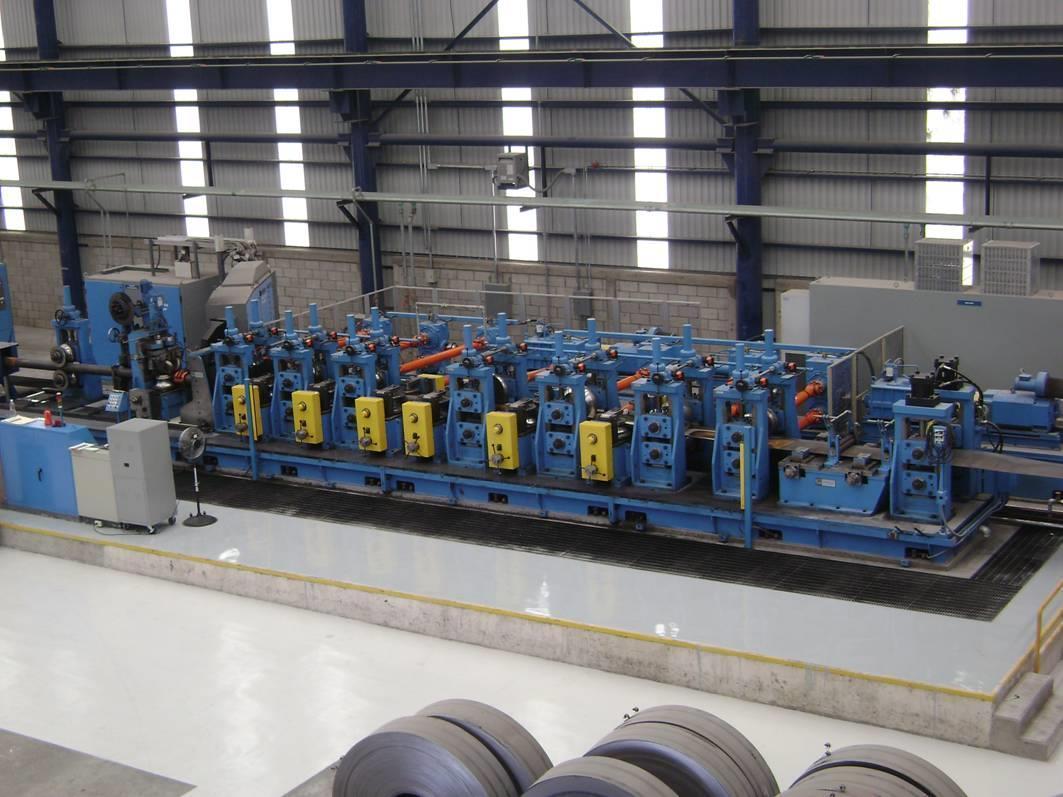
An API tube mill is a type of industrial machinery used to manufacture steel tubes and pipes that meet the standards set by the American Petroleum Institute (API). These standards ensure that the tubes and pipes produced are suitable for use in the oil and gas industry, where high strength, durability, and reliability are critical.
The API tube mill process involves several key steps:
API tube mills are used to produce a wide range of products, including line pipes for transporting oil and gas, casing and tubing for drilling operations, and other structural applications in the energy sector.
Click here to view our selection of mills: Spiral Pipe Mills, Stainless Pipe Mills, Tube & Pipe Mills Copper, Tube & Pipe Mills Welded
Go back
Galaxie Corporation is the leading worldwide machinery dealer for buying, selling & stocking Tube & Pipe Mills, Slitting Lines, Cut-to-Length Lines, Rolling Mills, Rollformers, Stamping Presses, and all other equipment associated with coil and steel sheet processing and metalforming.